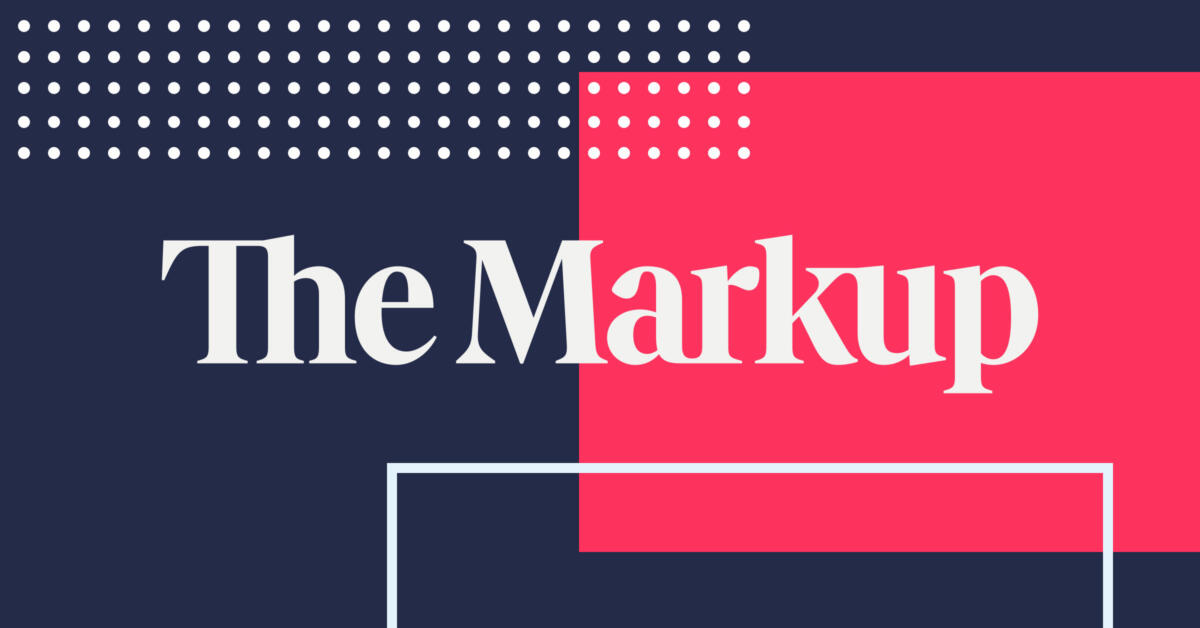As users drifted through Facebook in the aftermath of the presidential election, they may have run across a satirical article about the Nashville bombing in December. Playing off conspiracies about COVID-19 death diagnoses, a viral photo jokingly suggested the bomber had “died from COVID-19 shortly after blowing himself up.”
In the beginning of January, a New York woman was shown the photo—shared by a friend—in her news feed. Facebook appended a note over the top: The information was false.
But four days earlier, as a woman in Texas looked at Facebook, she saw the same post—shared to her feed by a conservative media personality with about two million followers. That post only had a “related articles” note appended to the bottom that directed users to a fact-check article, making it much less obvious that the post was untrue...
“My guess would be that Facebook doesn’t fact-check Donald Trump not because of a concern for free speech or democracy, but because of a concern for their bottom line,” said Ethan Porter, an assistant professor at George Washington University who has researched false information on the platform.


